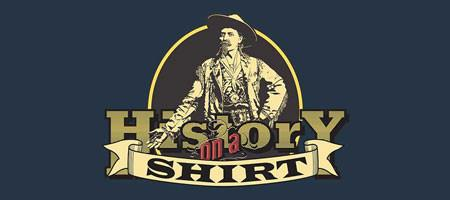Iwo Jima, Thursday, 22 February 1945:
The fourth morning of battle brought cold, drizzling rain. The surf almost stopped evacuation of casualties. But Chambers’s battalion moved to a slightly better position and could see to shoot more than two hundred enemy driven from hiding places by rockets. This was one of the largest groups of Japanese yet seen, at about one percent of Iwo Jima’s Japanese forces. That afternoon, Colonel Chambers was severely wounded.
For what he and his battalion did over these four days, Chambers received the Medal of Honor and his second Purple Heart. Chambers’s Medal of Honor citation says,
His zealous fighting spirit undiminished despite terrific casualties and the loss of most of his key officers, he again reorganized his troops for renewed attack against the enemy’s main line of resistance and was directing the fire of the rocket platoon when he fell, critically wounded.
Hudson said it more plainly, that when Chambers told them to move out, someone informed the colonel there was a sniper ahead. "Let's go get him," Chambers said, and got shot. Hudson felt that ignoring the warning wasn't too smart. Still, Hudson, along with the battalion, respected the colonel as a good commander and a tough leader.
To Hudson, it was obvious the colonel should have changed plans in response to a known threat. Japanese thinking was different, Hudson discovered; there were times the Japanese would walk right into a known threat. At one bunker that Hudson’s unit attacked, a Japanese soldier ran out and they shot him about ten yards out. A few seconds later, another ran out and also got shot. Another followed him. Three or four ran out in the same place, got shot, and died in the same place, which Hudson thought was kind of dumb. American soldiers would have gone a different direction after the first one got shot.
Afterward, they found the first one was an officer. The officer had presumably told the others to follow him, and they had.
Hudson realized the Japanese really were prepared to do whatever they were told, even if it meant death, and that was their way of life.
Unquestioning obedience is a powerful weapon, easily destroying undisciplined enemies—if used wisely. There is a difficult balance between good discipline and letting the man on the scene think for himself. A commander, seeing what a front-line soldier can’t, might have to order the soldier to do something that looks crazy from the front lines. The soldier must trust the commander while understanding the commander doesn’t know everything; he has to keep watching for changes the commander couldn’t know about.
Japanese discipline impressed the Marines. The Japanese were good, they said, though Marines were better. Both Marines and Japanese were well-trained warriors, but with important differences. Marines could criticize or disagree with their leaders, and their leaders backed them up with supplies and artillery. Japanese leaders left their soldiers on Iwo Jima without hope of resupply or rescue, expecting them to keep fighting without question.
Excerpts are from Fighting the Unbeatable Foe: Iwo Jima and Los Alamos, now republished as a 75th anniversary edition in paperback and Kindle.

